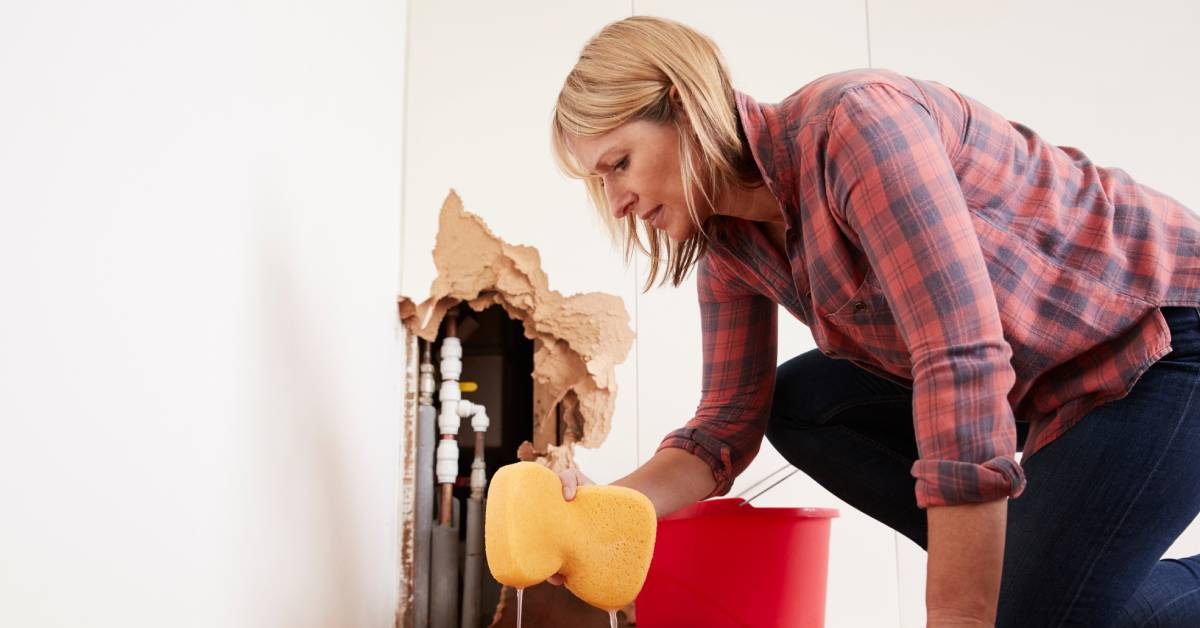
Water damage is one of the most frustrating challenges mobile homeowners face, but knowing how to handle it can save you time, money, and a lot of headaches. Mobile homes, while cozy and practical, are particularly susceptible to water damage due to their unique structures. Issues like leaking roofs, burst pipes, or storm damage can require costly repairs if not addressed quickly.
This guide will show you how to handle water damage in your mobile home to keep your space safe and dry.
Detect Issues Early
Early water damage detection is crucial to avoiding costly repair bills. Routinely check for common signs of trouble, such as discoloration on walls and ceilings, warped floors, or musty odors. Pay close attention to hidden spots under sinks and appliances where leaks often go unnoticed. Inspections should also extend to your roof, windows, and plumbing systems. By catching issues early, you’ll have a better chance of resolving the problem before it escalates.
Know the Steps To Take When Water Damage Strikes
When water damage occurs, quick action is essential. Identify the source of the water and shut it off if possible. If the leak is plumbing-related, you can stop the flow of water by turning off the main shutoff valve. If the leak is due to weather-related flooding, you won’t have control over the water.
Next, focus on drying the affected area to prevent further damage and reduce the risk of mold growth. Use fans, dehumidifiers, and towels to remove moisture. If water has pooled, grab a wet vacuum or mop. Don’t forget to move furniture and personal belongings out of the wet area to minimize losses. Speed is your best ally in these situations.
Work With Professionals
Sometimes, the problem is bigger than it appears, and that’s when calling in the experts is your best option. Water damage restoration professionals have the tools and expertise to assess the full extent of the damage, even in spots you can’t see, like under the floorboards or inside walls. They can also help with drying, repairs, and mold prevention. Investing in professional services is especially important for flood-related damage, as the water may contain contaminants.
Plan To Prevent Future Water Damage
Prevention is undoubtedly better than dealing with damage. Maintain gutters and drainage systems so water flows away from your home. Inspect your roof and siding regularly for weak spots where water might sneak in.
Also, check your mobile home screen doors. If they’re damaged or poorly fitting, water can seep through the screen and cause problems. Replace these doors if necessary or cover the screen by lowering the storm window.
Additionally, keep an eye on your plumbing to detect leaks early. Insulate pipes to protect against freezing water during cold months.
Water damage is never fun, but it’s easier to manage when you know what steps to take. From catching issues early during regular inspections to taking swift action when a leak happens, every step matters. Don’t hesitate to seek professional help if you’re unsure how to handle water damage in your mobile home.

